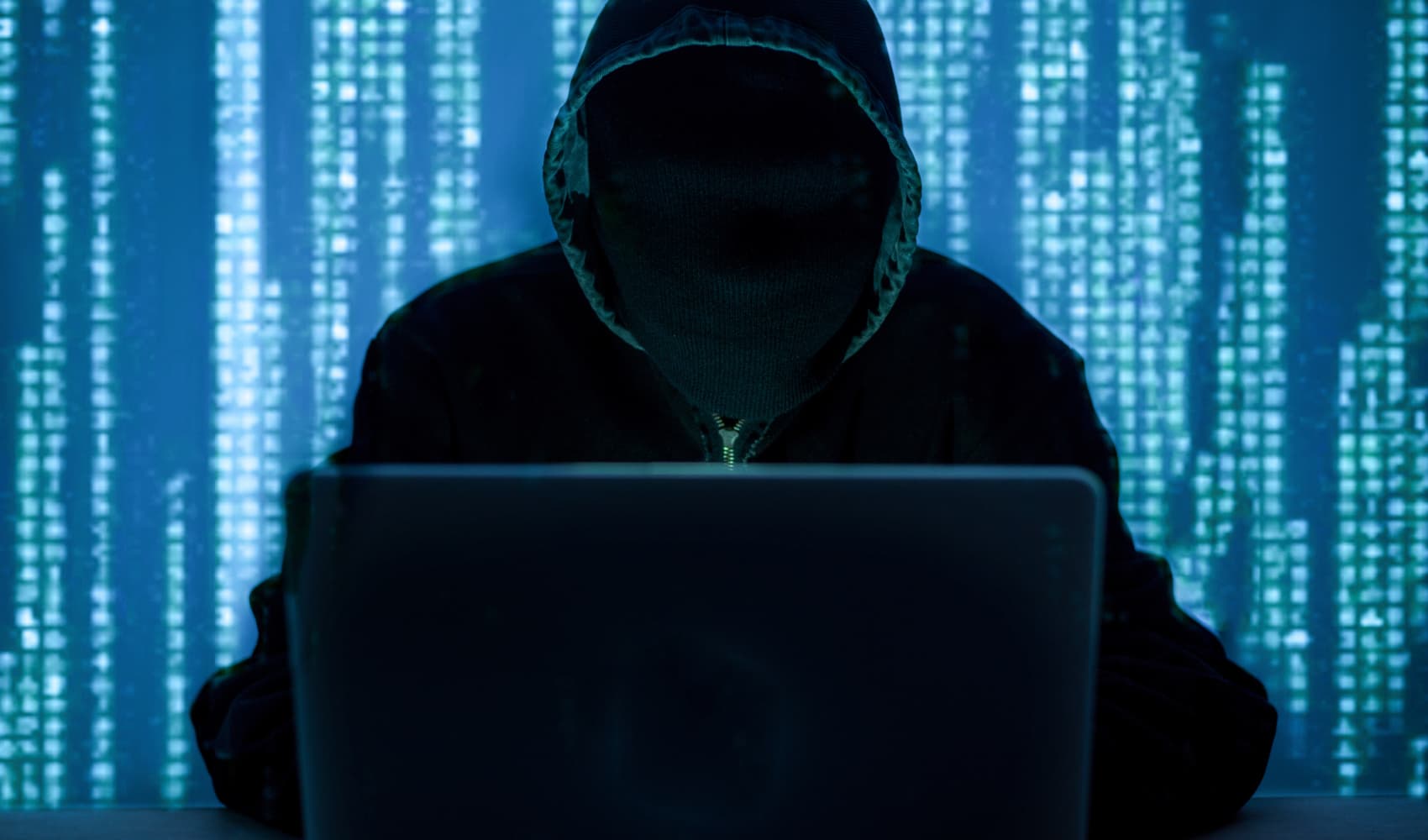Confusion about Dogecoin, a cryptocurrency originally founded as a joke that inspired the name of Elon Musk’s Department of Government Efficiency, is playing into the hands of scammers.
What was once an internet joke has grown into full-blown digital currency in the crypto space.
DOGECOIN is an open source peer-to-peer cryptocurrency, but don't let its name fool you. It has nothing to do with the Department of Government Efficiency, also known as DOGE.
WATCH ANYTIME FOR FREE
Stream NBC10 Boston news for free, 24/7, wherever you are. |
The confusion is helping scammers defraud victims.
"The problem here is that the names are so similar," said Steve Weisman from Scamicide.com.
Get updates on what's happening in Boston to your inbox. Sign up for our News Headlines newsletter.
DOGECOIN was originally founded in 2013 and became a phenomenon in 2021 after Elon Musk and other celebrities endorsed the cryptocurrency.
"People should never be investing in anything that they don't really understand," said Weisman. "What the scammers are doing is taking advantage of the similarity. You [could be] getting emails or text messages … There may even be voice cloning or images of Elon Musk saying that the Department of Government Efficiency, DOGE, is giving away DOGECOIN."
The most prominent schemes involve victims sending DOGECOIN to a private wallet, with the promise they'll receive more in return, according to security software company McAfee. Weisman explains the Department of Government Efficiency doesn't work with DOGECOIN.
"The idea of giving something away and then getting something for nothing should be enough of a warning to people," Weisman said. "But it's kind of even magnified when both President Trump and Elon Musk made some mention of it, because of DOGE doing its job. They said people might be getting $5,000 [in refunds]. The misinformation that's out there, the scammers are preying on this."
Knowing the red flags can safeguard your money and personal information from crypto scammers. Always do your own research before investing in anything. Beware of guaranteed returns that seem too good to be true or anything that pressures you to act fast. And always use well-established exchanges that are licensed and regulated.
"You're not getting anything for nothing," said Weisman. "There is no program giving you free cryptocurrencies."



